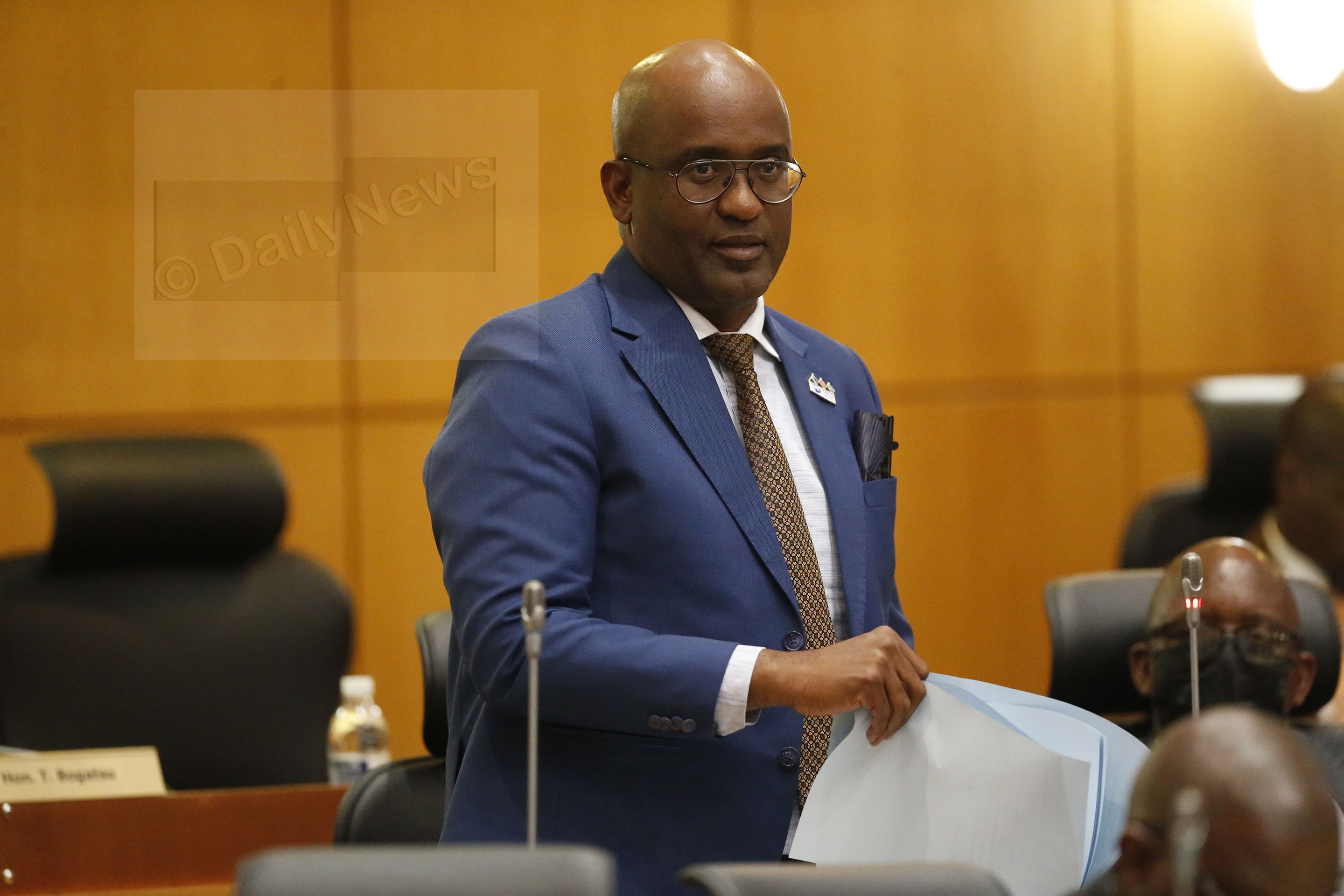Only 16 DM model projects continue
14 Aug 2025
Only 16 infrastructure projects under construction through the Development Manager (DM) model will continue, but shift to alternative delivery or financing methods.
Delivering a statement in Parliament on August 12, Minister of Transport and Infrastructure, Mr Noah Salakae said the remaining 132 projects, still in the conceptualisation phase, would undergo reassessment to determine more cost-effective and strategically aligned approaches.
This, he said followed a decision by government to revoke its use of the DM model for infrastructure development projects under the Second Transitional National Development Plan (TNDP II), following a comprehensive review that revealed critical flaws in its implementation.
“All three Presidential Directives approving the DM model and its governance structures have been revoked,” Mr Salakae announced.
The minister said contracts were signed with nine development managers and 148 projects were initially earmarked under the DM model.
He said the model introduced with the intent to streamline and fast-track infrastructure projects had instead contributed to inflated construction costs and placed a heavy financial burden on government resources.
Mr Salakae highlighted that President Advocate Duma Boko in his State of the Nation Address on November 19, 2024, raised concerns about the cost implications of the DM model, prompting a government-led review.
He said the ministry led Task Team, which began work on January 13 submitted its final Review Report on March 26, while findings were made public on August 7.
Mr Salakae said the report cited numerous procedural deficiencies, poor stakeholder engagement and misalignment with existing legal and regulatory frameworks.
“In particular, the financial structure of the DM model came under fire, the standard 14 per cent fee rate for DM services was highlighted as a significant cost driver, especially given that it did not adjust for the size or complexity of projects,” he said.
This, he said was contrary to prevailing industry standards, where professional fees typically followed a sliding scale, decreasing in percentage as project costs rose.
He further said the review also noted limitations in the availability of data for comparative analysis, saying many project budgets under TNDP II excluded detailed construction cost estimates, further complicating an accurate assessment of the DM model’s financial efficiency.
Additionally, he highlighted that changes in the economic climate and declining government revenue had added urgency to the need for a more sustainable infrastructure delivery model.
Nevertheless, Mr Salakae reiterated government’s commitment to fiscal responsibility and delivering value for public spending, signalling a strategic shift in its approach to infrastructure development going forward. ENDS
Source : BOPA
Author : Lesedi Thatayamodimo
Location : Gaborone
Event : Parliament
Date : 14 Aug 2025




